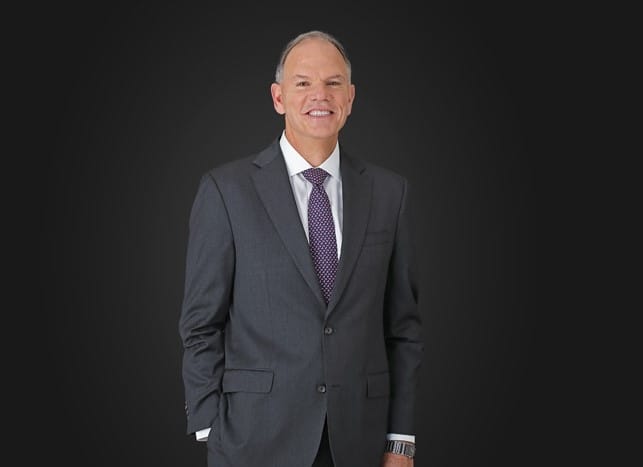As I reflect back on my time as dean, I frequently return to a glib goal: to deliver on the proposition that Wharton is “more than the finance school.” Of course, this hasn’t meant turning our back on Wharton’s extraordinary heritage in financial education and research and in the incredible work of our alumni in building so many aspects of modern financial services. Instead, it has been all about defining the future of finance, not only by producing the finest finance graduates and best research in the world, but also through initiatives such as the Joshua J. Harris Alternative Investments Program and the Stevens Center for Innovation in Finance. Yet I’m proud of all that Wharton is doing beyond finance. Two of the most notable innovations in the School are well represented in this issue — analytics and entrepreneurship.
Having Google/Alphabet CEO Sundar Pichai WG02 on the cover is the tip of the analytics iceberg at Wharton. It’s no surprise that Google has become a top destination for graduating students: Our business analytics program, launched just three years ago, is already the number three major among Wharton MBAs and the number three concentration for Wharton undergraduates. Our Analytics at Wharton initiative underscores Wharton’s position as the most data-driven business school in the world.
The opening of Tangen Hall, dedicated to the entrepreneurial drive of our students, will be a magnificent testament to Wharton’s leadership in this critical field. As a very satisfied customer of Allbirds sneakers, I am so pleased that the company’s co-founder and visionary business leader, Joey Zwillinger WG10, is also featured in this magazine. Wharton’s entrepreneurship program aims both to lower the entry barriers for students with startup ideas and to embed them in a community maximizing their chances of success, and the results say we are being extraordinarily successful.
When I think about “more than the finance school,” I’m also drawn to Wharton’s unique approach to leadership. Most of our programming is experiential — learning in real-life situations what it takes to lead high-performing teams. In the wake of the major undergraduate curriculum reform four years ago, experiential leadership is now a core part not only of our MBA program, but also of our undergraduate degree.
But there’s more to be done. I expect that at least three additional themes will feature increasingly prominently in all Wharton is.
Understanding the opportunities that artificial intelligence will create for business will soon become a core competence for all our students. At the same time, however, Wharton will need to get out in front of the massive societal significance of AI, from its impact on privacy to its implications for the future of work.
I also suspect that Wharton will become a leader in responses to climate change — another topic covered in this issue — as business transitions from being part of the problem to becoming an essential part of the solution with respect to scaling innovations in alternative energy and alternative efficiency.
Finally, Wharton’s drive in diversity and inclusion will only strengthen in the coming years, led by the visionary appointment of Erika James as the School’s next dean.
It has been my honor to lead Wharton for the past six years. I am proud to have been part of a dynamic chapter in the School’s unrivaled history. I cannot wait to see what comes next. Geoffrey Garrett i s dean, Reliance Professor of Management and Private Enterprise, and professor of management at the Wharton School and professor of political science at the University of Pennsylvania.
Geoffrey Garrett is dean, Reliance Professor of Management and Private Enterprise, and professor of management at the Wharton School and professor of political science at the University of Pennsylvania.
Published as “The Finance School—and So Much More” in the Spring/Summer 2020 issue of Wharton Magazine.

























